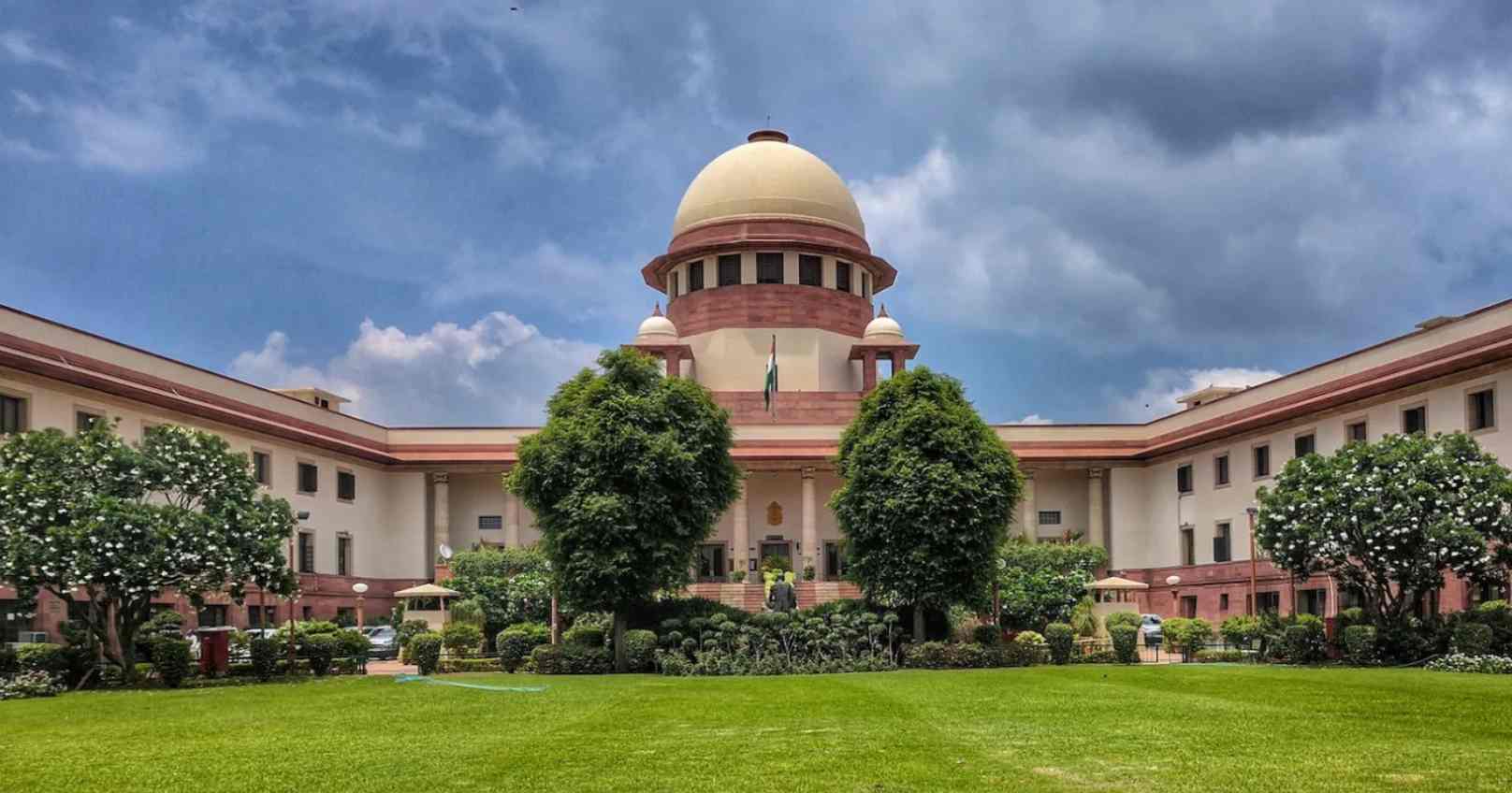Electoral Bonds - What went wrong?
Exploring electoral bonds: their creation, challenges, and the recent Supreme Court ruling, shedding light on their impact on political funding transparency in India
08-05-2024Exploring electoral bonds: their creation, challenges, and the recent Supreme Court ruling, shedding light on their impact on political funding transparency in India
08-05-2024Understanding Electoral Bonds
“Electoral Bonds”, as the term suggests refers to monetary bonds issued by the State Bank of India which were introduced in the Indian economic cum political arena in the year 2017 through a Finance Bill and came into effect from 2018. With the objective of increasing transparency in the framework of political funding, the scheme was framed in a manner to provide a means for entities and individuals to donate to registered political parties without disclosing their identity.
As a peculiar feature of electoral bonds, the State Bank of India had issued electoral bonds of denominations ranging from Rs. 1,000/- to Rs. 1 Crore which were payable to the bearer on demand without any interest and were valid for 15 calendar days from the date of issuance. Moreover, SBI being the authorised issuer, empowers only the Indian citizens and entities for purchasing the electoral bonds which can be purchased individually or in collaboration with the other individuals or entities.
The political parties which have been validly registered under Section 29A of the Representation of People’s Act 1951 and have secured minimum 1% of the votes that have been polled in the last general elections from the house of people or the Lok Sabha in the general elections preceding such issuance are eligible to receive such bonds which can be purchased either digitally or via banks through cheques. One of the mandatory conditions for obtaining donations via electoral bonds is that the parties need to disclose their accounts with the Election Commission of India and obtain the same only through their official bank accounts in order to ensure transparency and accountability along with justify the allocation and utilization of the received funds.
Electoral Bonds - What Went Wrong?
Even though electoral bonds scheme was seen as one of the most advanced methods of political funding within the vires of electoral politics and constitutional democracy, in practical implementation it faced numerous contradictions and fallacies.
Firstly, as it has been rightly been pointed out by the Hon’ble Supreme Court in the judgment of Association for Democratic Reforms & Anr. V. Union of India & Ors. [W.P(C) No. 880 of 2017] that the electoral bonds have ironically contradicted the purpose for which they were brought into the Indian eco – political regime which was to increase transparency and accountability in the Indian electoral and political funding regime. Even though the fact that electoral bonds are prima facie anonymous in nature, such anonymity is selectively absent and superficial since the State Bank of India, which facilitates the transfer of funds for electoral funding leaves ample window for the government to obtain information as to who has funded which political party and the amount of such donations. Therefore, such anonymity has been limited only to the general public of the country and the opposition parties.
Secondly, with the vital position of State Bank of India in facilitating the transfer of Electoral Bonds, it is not a herculean task for the government to ascertain the “invisible hand” behind the donations which can also potentially lead to favouritism to certain individuals, corporates or other entities along with a huge scope of extortion by political parties in power by victimising and backlashing entities or individuals in order to compel them for funding the party. Since the Union Government’s amendment to the Finance Act of 2017 exempted political parties from disclosing donations which were received to their bank accounts via electoral bonds. This provision has further led to an exponential increase in the already lacking transparency of electoral bonds which has also hampered the representative democracy of country by preventing the individuals from obtaining information about the funding of political parties whose elected candidates represent them in the policy and decision making of the country. This is therefore clearly violative of Article 21 of the Constitution which, through judicial precedents has evolved the principle that Right to Life includes Right to Information.
Supreme Court’s View on Electoral Bonds
In the recent judgment of Association for Democratic Reforms V. Union of India delivered by a 5 – Judge bench of Supreme Court of India penned down by Hon’ble CJI Chandrachud for himself and three other puisne judges and Justice Sanjiv Khanna for himself noted that “it is a central idea of Indian democratic setup that our freedom to vote with full information is inherent to our right to political democracy”, paving the way for declaring the scheme of electoral bonds as unconstitutional along with a series of allied acts and statutes such as Finance Act, 2017 and relevant concerned provisions of Income Tax Act and Companies Act 2013.
One of the major reasons due to which the axe of unconstitutionality fell upon the electoral bonds is the prima – facie violation of the “Golden Triangle” of the Indian Constitution consisting of Article 14, 19 and Article 21. According to Article 19(1)(a), a sacrosanct right to obtain information is bestowed upon to the voters who are being deprived of this right to due the scheme. Additionally, according to the opinion of the Chief Justice of India, such partial funding by high-net-worth individuals and corporate giants paves a way for the parties to adopt unfair practices in form of “quid pro quo”, promoting the culture of corporate and governmental corruption.
The utilitarian approach followed in the present case by the Hon’ble Apex Court is absolutely right in determining that the drawbacks of the scheme are far more than what could be offered as a benefit to the public. In a country wherein state funding of elections has also been proposed, any such hidden procedures of electoral funding would, with all certainty have a catastrophic impact upon the electoral politics of the country.
- Akash Sharma is a 4th year student of Symbiosis Law School, Noida.


A PIL by Sanvedana Foundation challenges the IRDAI’s 2020 circular allowing insurers to exclude ep
Read More
A Delhi court has ruled against releasing hotel CCTV footage in a case involving two Army Majors, ci
Read More
Chief Justice BR Gavai has pushed back against criticism of the judiciary over case backlogs, saying
Read More